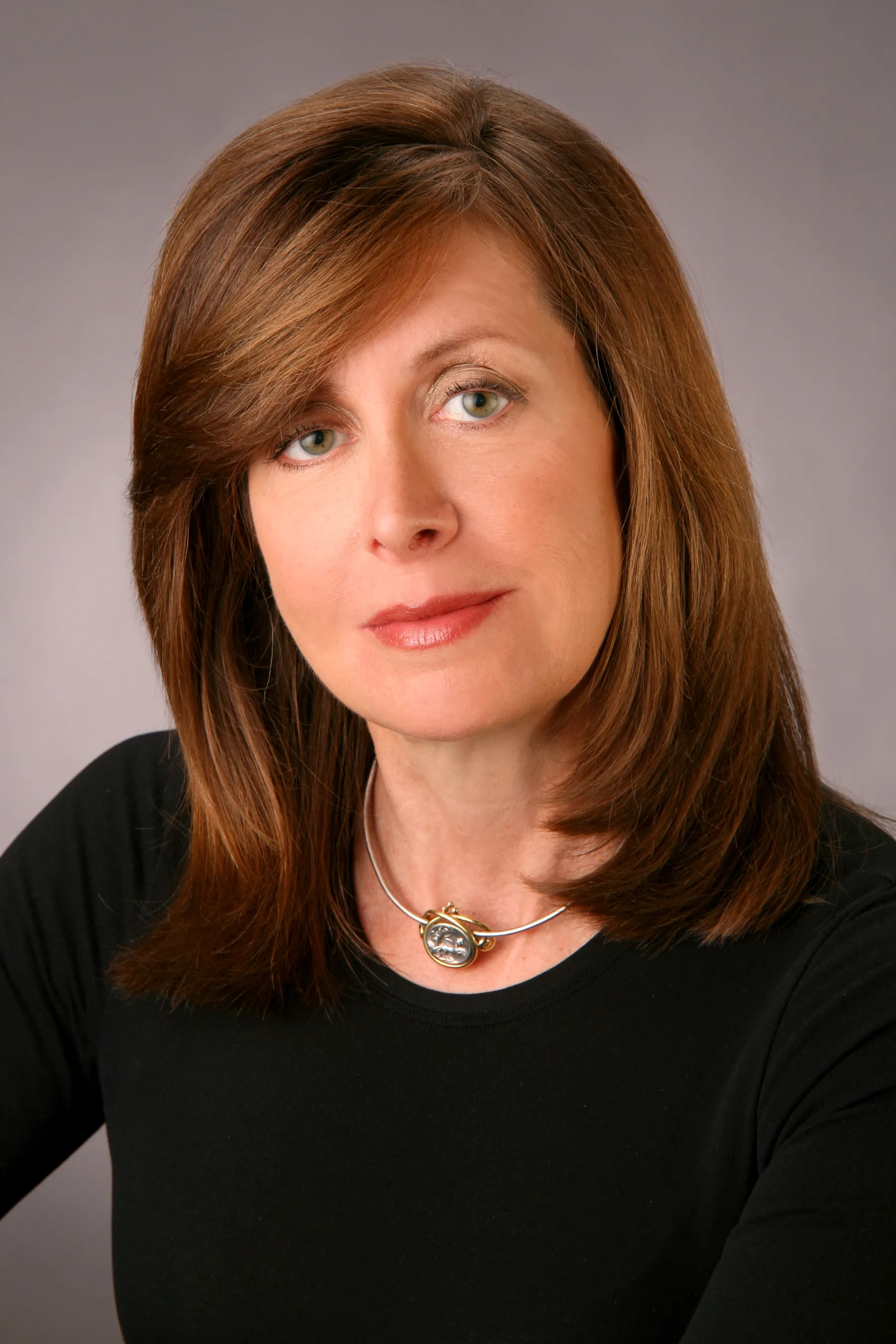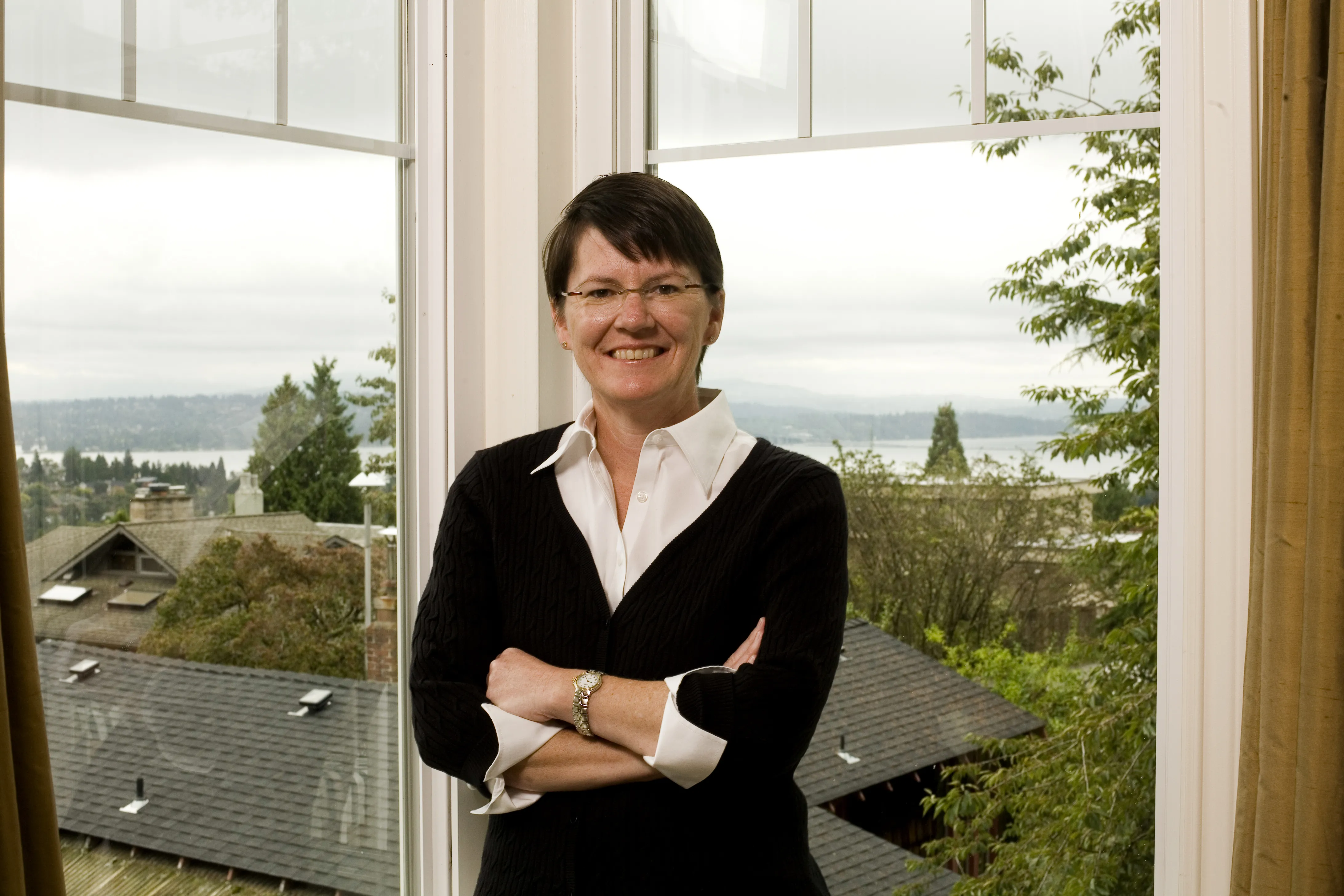Gary Becker at 80: Celebrating a Lifetime of Intellectual Fearlessness
Nobel Laureate Gary Becker’s trailblazing research applying economics to human and social behavior opened the floodgates of possibility for the Law School’s law and economics scholars, and he has served as a treasured mentor and collaborator to some of the Law School’s most legendary academics.
It was only fitting then for the Law School to host an 80th-birthday celebration for Becker in February, which attracted the world’s brightest economics minds, past and present. The stunning group of attendees included former US Secretary of State George P. Shultz, now with the Hoover Institution, and Czech President Václav Klaus, as well as top economic advisors to former President George W. Bush and President Obama and leading economists from the University of Chicago and elsewhere. Hanna Gray, the third-longest-serving president in the University of Chicago’s history, and former Law School Dean and University Provost Gerhard Casper also attended to wish Becker well.
Organized by the Becker Friedman Institute, the event was—at Becker’s request—less a congratulatory roast of him than an economic exploration of the most pressing problems facing the nation. Panels of leading economists discussed topics such as the role of markets in the modern economy and new directions for economics. Despite Becker’s insistence, University of Chicago President Robert Zimmer started the event by bestowing high praise on the man of the day. Zimmer called Becker “intellectually fearless” and an academic with a firm commitment to clarity, even if his ideas don’t present the easy or popular route. “Gary represents a manifestation of the highest aspirations of the University of Chicago,” Zimmer said. “His qualities are what we want the University of Chicago to be every day.”
Speakers channeled Becker’s fearlessness in their presentations, not shying from controversial topics or conclusions. Shultz challenged the war on drugs and offered suggestions for turning it into a winning battle. President Klaus spoke of his struggle to bring modern economics to the Czech Republic and his lifelong admiration of Becker. “I follow his advice and try to look at life through economic eyes,” he said.
Economists directly involved in the United States’ recent economic crisis led one of the most riveting discussions of the day. The talk included Randall S. Kroszner, Governor of the Federal Reserve System under President George W. Bush and currently the Norman R. Bobins Professor of Economics at the Booth School of Business; Edward P. Lazear, President Bush’s chief economic advisor, who is now at Stanford University’s Graduate School of Business; and Larry Summers, former Director of White House National Economic Council under President Obama, former Treasury Secretary under President Clinton, and currently Professor at Harvard University’s Kennedy School of Government and the Harvard Business School. (Summers was President of Harvard University until 2006.)
Though they may have disagreed on the tactics used to fight the crisis, each described the different perspective they had as economists working in government versus studying economics as academics. “In academic economics, we strive for precision because if you get something wrong it haunts you throughout your career,” Kroszner said. “In policy work, you use what you have; you can’t sit back and gather more data . . . You try to do the best you can using the models you have.”
Edward Snyder, former Dean of the Booth School of Business, described the diversity he observed within the group of Chicago’s legendary economists and their relationship with influencing public policy. George Schultz, he said, had a masterful command of fundamental economics that was evident even in his diplomatic actions as Secretary of State. Snyder saw Milton Friedman as the constant champion of big ideas, while George Stigler shunned engagement in the public policy process. Becker, he said, is “pure form. He brings a broad view of what humans are about and has a deep understanding of competition.”
Law School Dean Michael H. Schill later praised Becker for his lasting influence on the study of law and economics. “Gary’s great body of work has played a fundamental role in bringing law and economics into the modern era, an achievement from which my Law School colleagues benefit mightily,” he said. Schill also told the crowd that the Law School is forever indebted to Becker for being a connector of people and an extraordinary mentor to some of the Law School’s great minds. At dinner, several of those people, including Professor Emeritus William Landes, Senior Lecturer and US Court of Appeals Judge Richard Posner, and University trustee and Senior Lecturer Andrew Rosenfield, ’78, toasted Becker with personal messages recognizing Becker’s impact on their own lives.
Landes recounted meeting Becker when he was a student at Columbia University, where Becker was teaching at the time. “Gary was 31 and students were in awe of him,” Landes said. “I wanted to know who Gary was. I never found out until I arrived in class.” Though Landes was auditing Becker’s human capital class, Becker called on him every day. Later, Landes became his teaching assistant. Landes eventually followed Becker to the University of Chicago, where he achieved legendary status among students and the legal academy.
Becker has also had a long and fruitful collaboration with Richard Posner, who first met Becker more than 40 years ago. Their weekly back-and-forth discussions on the online Becker-Posner Blog are a must-read for thousands of people, and it is frequently cited as one of the nation’s most influential law and economics blogs. “Their work,” Schill told the audience, “is a lasting and momentous achievement.” For six years, Becker and Posner have alternated picking blog topics and giving answers, with a running total of more than 300 entries. “When Gary picks a topic, I feel like a student who has been assigned a difficult essay question in an exam with very little time to do it,” Posner said.
On a lighter note, Rosenfield recalled George Stigler’s feelings for Becker. “George would say Gary was the greatest economist of the 20th century. Then he’d pause for a rather long while and he’d say, ‘But it wasn’t much of a century.’” The audience roared with laughter.


